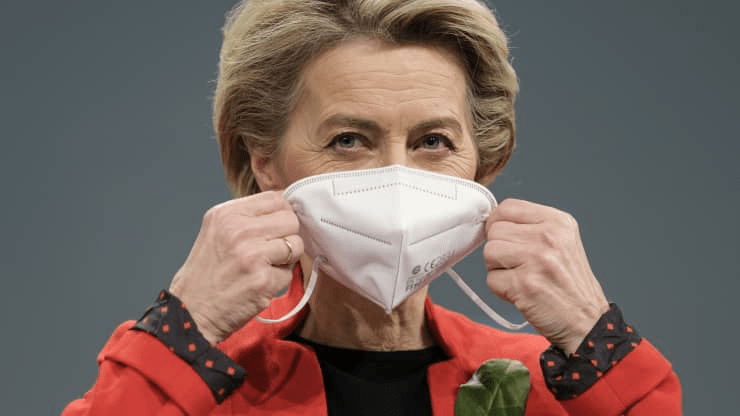More recently, several countries briefly halted their use of the Oxford-AstraZeneca vaccine amid safety concerns, a move that baffled health experts and raised questions about future uptake.The World Health Organization expressed concern earlier this week that the region’s ongoing coronavirus crisis now appears “more worrying” than it has for several months. The warning comes as many countries introduce new measures in an attempt to curb a third wave of infections.

The health agency also described Europe’s vaccination campaign as “unacceptably slow” and said it was crucial to speed up the rollout because new infections are currently increasing in every age group apart from those aged 80 years or older. It’s a messy picture, further complicated by the unique nature of European politics.
The European Commission, the executive arm of the EU, has been in charge of negotiating contracts with the pharmaceutical firms on behalf of the 27 member states. The institution is also responsible for overseeing the exports of the shots produced in the bloc. However, health policy matters are a competence of the member states, which means the 27 capitals organize the inoculations in their own countries and can ultimately decide to buy Covid shots outside the deals struck by the commission, for example.
AstraZeneca has blamed low yields in European plants for the lower deliveries. Additionally, the drugmaker has said it could only aim to deliver 70 million doses between April and June, when the EU was expecting 180 million in the same period. “We also know that AstraZeneca has unfortunately under-produced and under-delivered. And this painfully, of course, reduced the speed of the vaccination campaign,” von der Leyen said at a press conference in March.
Source: FXPro